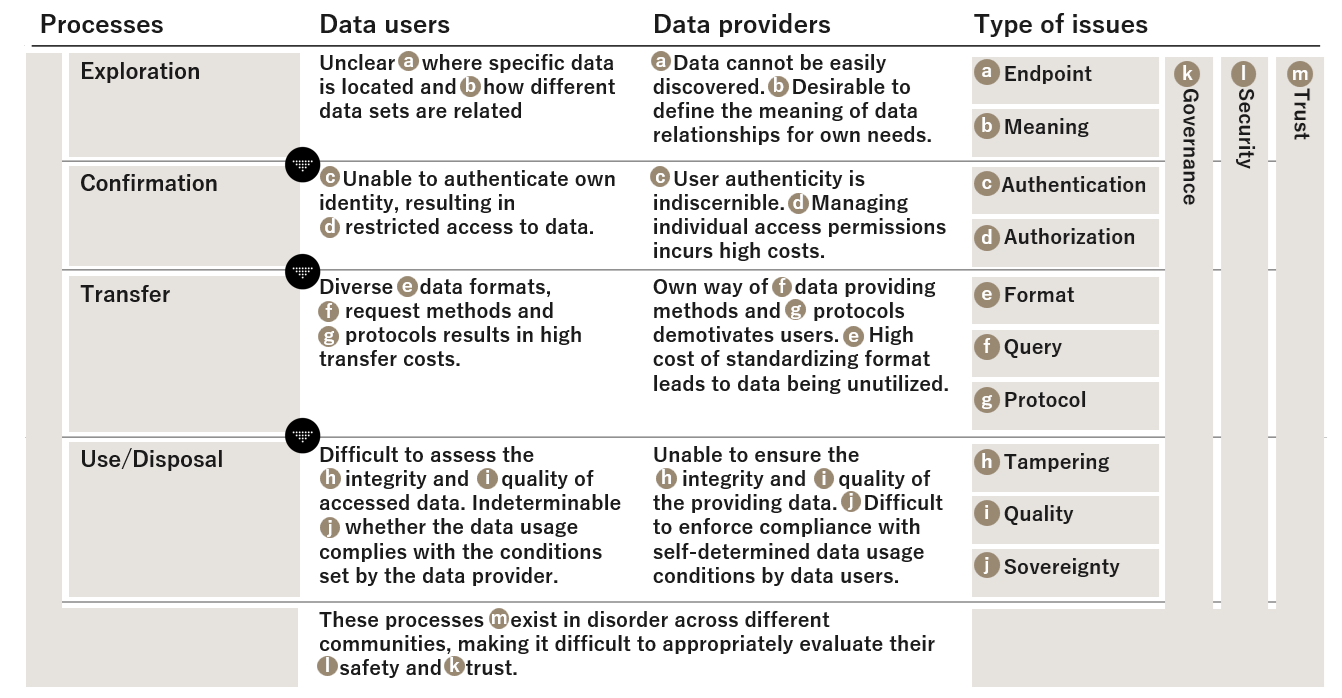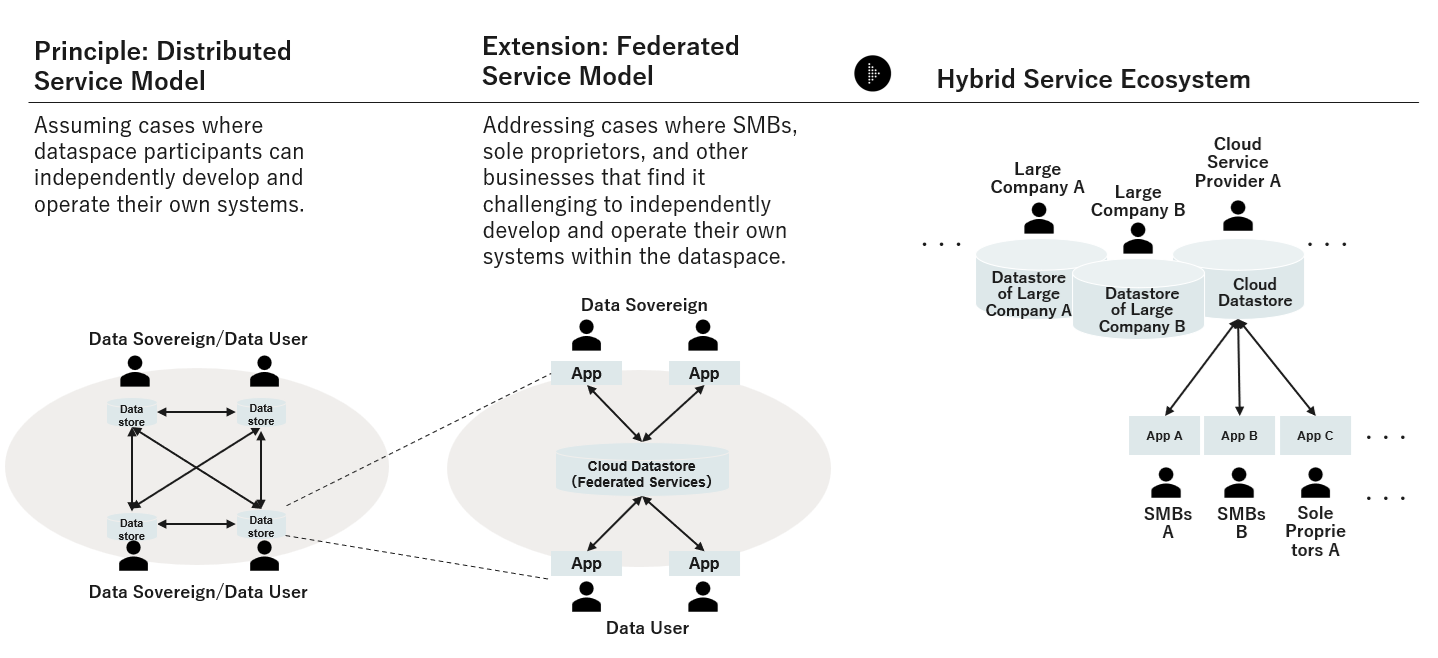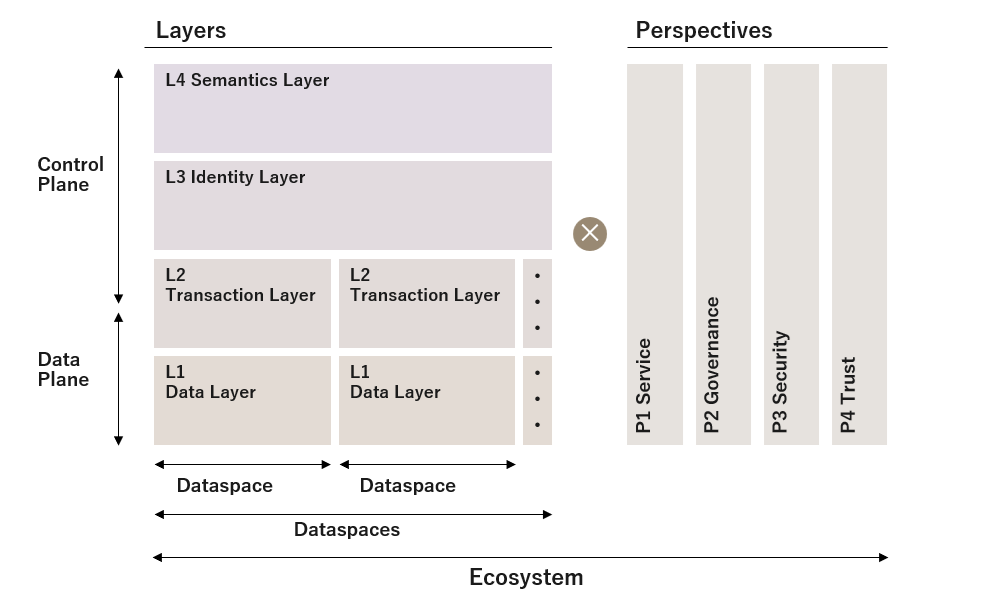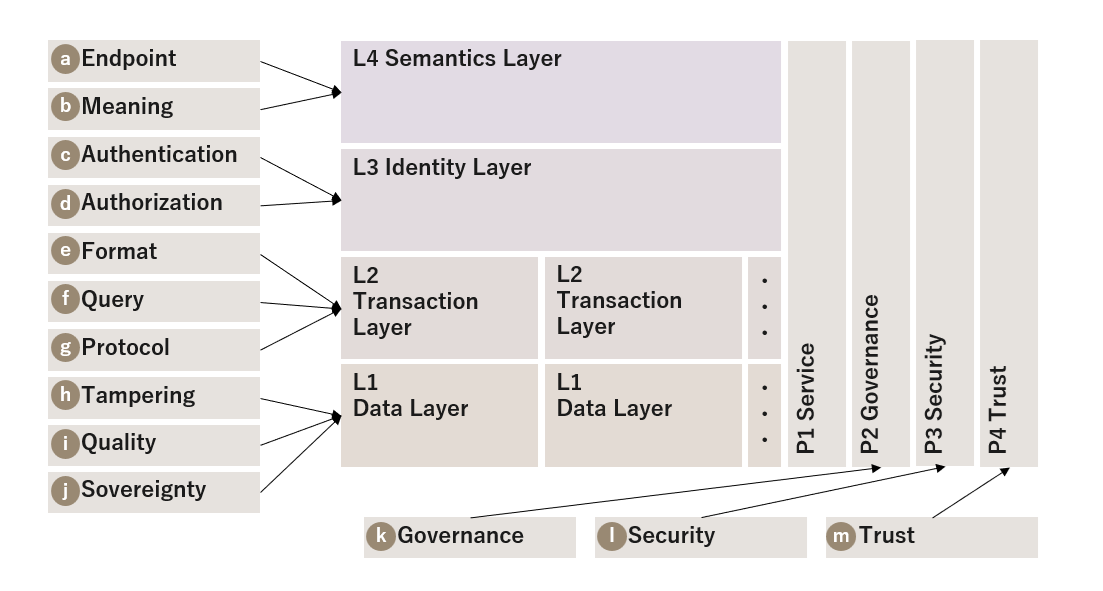Enabling digital transformations in industries and a society

Whitepaper: Ouranos Ecosystem Dataspaces Reference Architecture Model
Release Date:Mar 31, 2025
Digital Architecture Design Center
Digital Architecture Design Center of Information-Technology Promotion Agency, Japan, and Ministry of Economy, Trade and Industry, Japan has jointly published a technical reference document for the initiatives of Ouranos Ecosystem, namely "Whitepaper: Ouranos Ecosystem Dataspaces Reference Architecture Model."
The whitepaper serves as a reference architecture for enterprise data interoperability and utilization across companies, industries, and nations, presenting the technical paradigm, including the hierarchical structure model of dataspaces, and future perspectives for participants in the Ouranos Ecosystem Dataspaces-dataspaces promoted by the Ouranos Ecosystem Initiative. This document provides open opportunities for the construction of service-driven dataspace, aiming for the Ouranos Ecosystem to become widely integrated within the industry.
1. Purpose
The whitepaper aims to provide an open opportunity for constructing service-driven dataspaces to address societal issues and create value within the Ouranos Ecosystem and establishes a technical paradigm for future system implementations, fostering the participation of various entities while ensuring interoperability.
2. Reader
The whitepaper targets a broad spectrum of industries in Japan and abroad that support the Ouranos Ecosystem Initiative, particularly those responsible for designing architectures for data interoperability within the enterprise domain.
3. Scope
The whitepaper covers dataspaces, a key pillar of the Ouranos Ecosystem Initiative, and focuses on the following three topics:
(1) Ouranos Ecosystem Dataspaces Reference Architecture Model (ODS-RAM)
A service-oriented architecture model designed to expedite the societal implementation of dataspaces within the industry. The ODS-RAM presents a technical paradigm that allows for more flexible adaptation to the characteristics of industry and market structures, and commercial practices to resolve 13 structural issues in the five process of data interoperation and utilization. The ODS-RAM encompasses a technology-agnostic specification and other conceptual levels, structured into four loosely coupled Layers and four Perspectives, each with corresponding roles, protocols, and service models.
13 structural issues in the five processes of data interoperation and utilization
Ouranos Ecosystem Dataspaces promote hybrid service ecosystem with a variety of service interfaces while ensuring data sovereignty.
Reference Architecture Model consists of four layers and four perspectives to reflect the 7 Principles focusing on the service life cycle to expedite the social implementation of dataspaces within the industrial sector.
Layers and perspectives of the ODS-RAM target each of the 13 issues of data interoperability and utilization with the relationships shown below.
(2) Building-Block Portfolio
An open-source software specification currently available as a reference implementation of the ODS Protocol.
(3) Context Catalog
A collection of case studies on the design of the ODS-RAM (V1), where simulations of data interoperability and utilization were conducted in parallel with business development to establish a variety of dataspaces and abstract the necessary functions for each. This document presents the current information and future perspectives on the ODS-RAM (V1) design.
4. What’s next
The detailed concepts and specifications are planned to be released as the ODS Protocol Specifications by FY2025, considering future demonstrations and evaluations.
Resources of the ODS such as opensource software (OSS) as reference implementations of protocol specifications, development environments such as Software Development Kits (SDKs), along with documentation and knowledge stacks for participants, will be progressively available starting in FY2025.
Additionally, technical implementation and operations for vendors who develop systems and provide application services, as well as those who in system development and data management departments of companies and government agencies, will be presented in the "ODS Development and Operation Guidebook (tentative)" to be released during FY2025, based on the ODS protocol specifications to be developed during the same fiscal year. The "ODS Implementation Guidebook (tentative)" for those who are in planning and business divisions of companies and government agencies is also scheduled to be released in FY2025.
As part of the initiatives under the Ouranos Ecosystem, the ODS-RAM will continue to undergo regular version updates while reflecting industry trends. For inquiries regarding this matter, please contact the following address.
Whitepaper
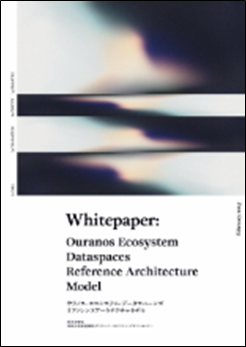
Contact information
Digital Architecture Design Center
-
E-mail

Change log
-
Mar 31, 2025
Release.

